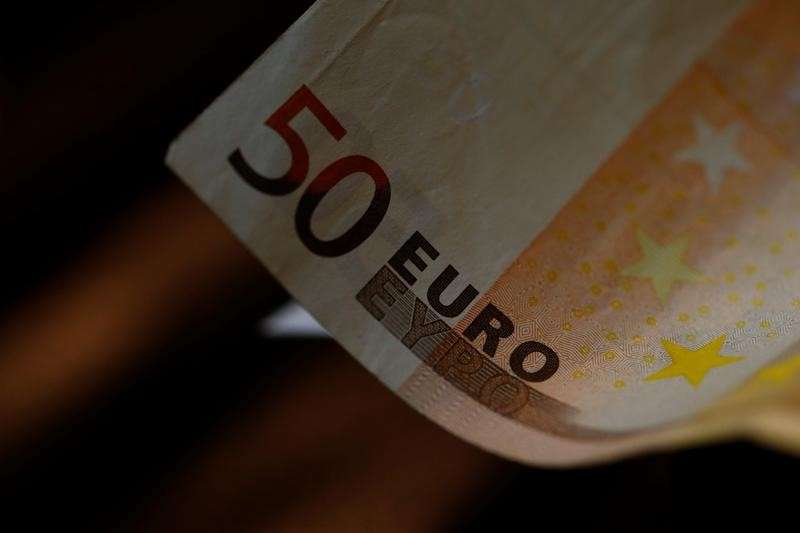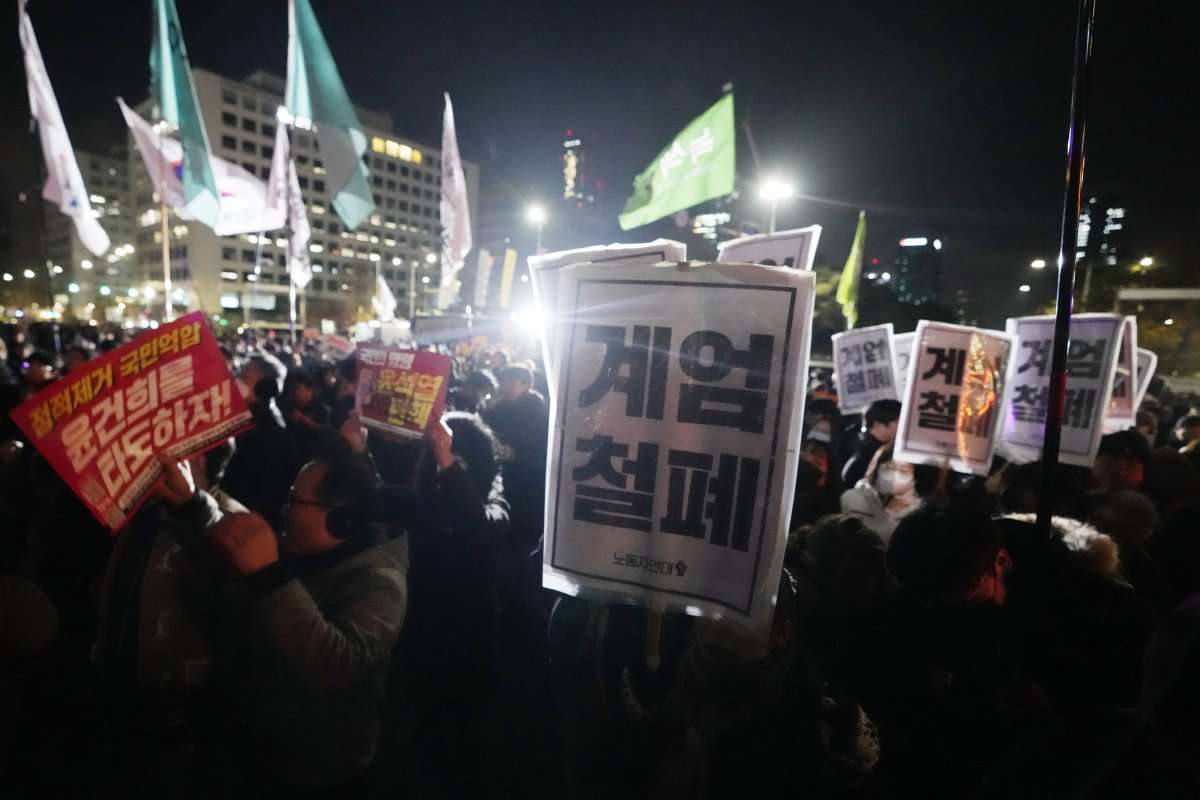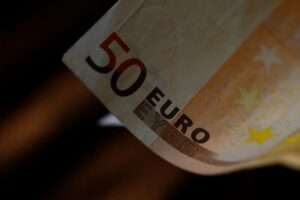Euro, Yuan, and Yen Face Pressure Amid Economic Turmoil
The currency markets saw significant fluctuations on Tuesday, December 3, with the euro regaining some ground after political unrest in France sent traders scrambling for hedging protection. Meanwhile, the yuan hit a 13-month low due to ongoing concerns over tariffs and weaknesses in China’s economy. The yen, after a strong performance in recent weeks, showed signs of retreating, but it remained close to its six-week highs, as traders speculated about a potential rate hike by Japan’s central bank.
In this article, we will analyze the key movements in these major currencies, the factors driving their fluctuations, and the potential future outlook for these economies.
Euro Rebounds Slightly Amid Political Uncertainty
Political Turmoil in France and Its Impact on the Euro
The euro saw a modest rebound after experiencing a significant dip. It rose by 0.2% to reach US$1.05185, recovering from a 0.7% drop on Monday. This movement came as France faced growing political instability. The French government is in a precarious position as Prime Minister Michel Barnier prepares for a vote of no confidence on Wednesday, triggered by severe opposition to his budget proposal. Barnier’s budget plan includes painful tax hikes and spending cuts aimed at tackling the country’s economic challenges.
The political deadlock, combined with weak economic data and rising volatility in the euro options market, has led to growing concerns about the future strength of the euro. The demand for hedging against potential price swings, as reflected by the sharp increase in volatility, has reached its highest level since March 2023.
Headwinds Facing the Eurozone
The euro’s challenges are not limited to France. Other eurozone economies, including Germany, are also grappling with political uncertainty, which is further exacerbated by weak economic performance. According to Fiona Cincotta, a market strategist at City Index, the euro is facing a series of obstacles. She noted:
“There is just so much going against the euro at the moment… the list of headwinds is just growing longer by the day.”
In the past month alone, the euro has lost 3% against the US dollar, as well as over 1% against the pound and the Swiss franc. This drop highlights the broader challenges the currency is facing in the face of internal and external pressures.
Yuan Hits 13-Month Low Amid Tariff and Economic Concerns
Tariff Risks and China’s Economic Struggles
The Chinese yuan faced a steep decline, hitting its lowest level in 13 months, as fears of further trade tariffs and the weakening Chinese economy dominated market sentiment. Despite China’s efforts to stabilize its economy, the yuan’s performance remains under pressure. Investors are particularly concerned about the impact of US-China trade tensions, which continue to drag on the global economy.
The yuan’s struggles reflect broader concerns about China’s economic slowdown and its implications for both domestic and international markets. As the Chinese government struggles to balance growth with reforms, these concerns are expected to weigh on the currency in the near term.
Yen Retains Strength Amid Rate Hike Speculation
Yen Retreats Slightly, But Remains Strong
The Japanese yen, which had gained nearly 4.5% in the past two weeks, retreated slightly against the US dollar but remained near six-week highs. The yen’s recent strength can be attributed to growing expectations that Japan may raise interest rates in the near future. Traders are increasingly confident that the Bank of Japan will implement a rate hike this month, which has bolstered the currency.
Despite this slight pullback, the yen remains a key focus for traders as they weigh the potential for further policy tightening in Japan. The yen’s performance in the coming weeks will largely depend on economic indicators and the Bank of Japan’s actions.
Market Outlook for the Euro, Yuan, and Yen
Euro Outlook: Struggling with Internal and External Pressures
The euro’s outlook remains uncertain, with political instability in key eurozone countries like France and Germany weighing heavily on the currency. Combined with weak economic data and growing uncertainty over the eurozone’s future, the single European currency could continue to face headwinds in the short term.
The euro is likely to remain vulnerable to external factors, including the strength of the US dollar and the ongoing political uncertainty within the EU. As traders continue to hedge against potential risks, the volatility surrounding the euro is expected to persist.
Yuan Outlook: Trade Tensions and Economic Woes
The yuan’s decline is likely to continue as long as trade tensions between the US and China persist. Economic slowdowns in China, coupled with tariff risks, are expected to keep downward pressure on the currency. As the world’s second-largest economy grapples with these challenges, the yuan’s performance will be closely linked to broader economic developments in China.
Yen Outlook: Rate Hike Speculation Drives Strength
The Japanese yen is expected to remain strong as long as speculation about a rate hike by the Bank of Japan persists. Traders are keenly watching Japan’s economic data and any monetary policy signals that could impact the yen’s trajectory. If the Bank of Japan does indeed raise rates, the yen could experience further strengthening.
Frequently Asked Questions (FAQs)
1. What caused the euro to rise on December 3?
The euro rebounded slightly due to a combination of factors, including reduced political instability after France’s budget crisis and a recovery from early losses. However, the currency still faces long-term challenges.
2. Why is the yuan weakening?
The yuan is under pressure due to US-China trade tensions and broader concerns about China’s economic slowdown, which have contributed to a loss of investor confidence.
3. Is the yen expected to strengthen further?
The yen is expected to remain strong, primarily due to expectations that the Bank of Japan may raise interest rates this month, which could further support the currency.
4. How did political instability in France affect the euro?
Political turmoil in France, including a potential vote of no confidence for Prime Minister Barnier, has created uncertainty within the eurozone, contributing to a decline in the euro’s value.
5. How do trade tensions between the US and China impact the yuan?
Ongoing trade tensions between the US and China have created significant risks for the yuan. These tensions, along with China’s economic challenges, have led to a weaker currency.
Conclusion
The currency markets are experiencing heightened volatility as the euro, yuan, and yen navigate political, economic, and monetary challenges. The euro faces mounting political instability in the eurozone, the yuan grapples with trade tensions and economic weaknesses, while the yen remains buoyed by speculation about a rate hike in Japan. As traders remain cautious and market conditions continue to evolve, the outlook for these major currencies will be shaped by both global and domestic developments in the coming weeks.














Post Comment